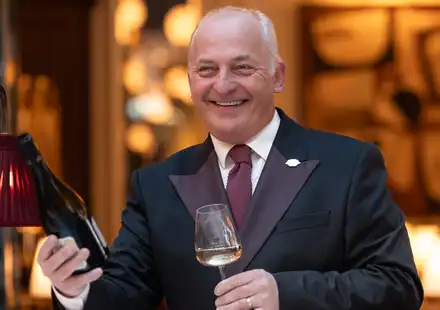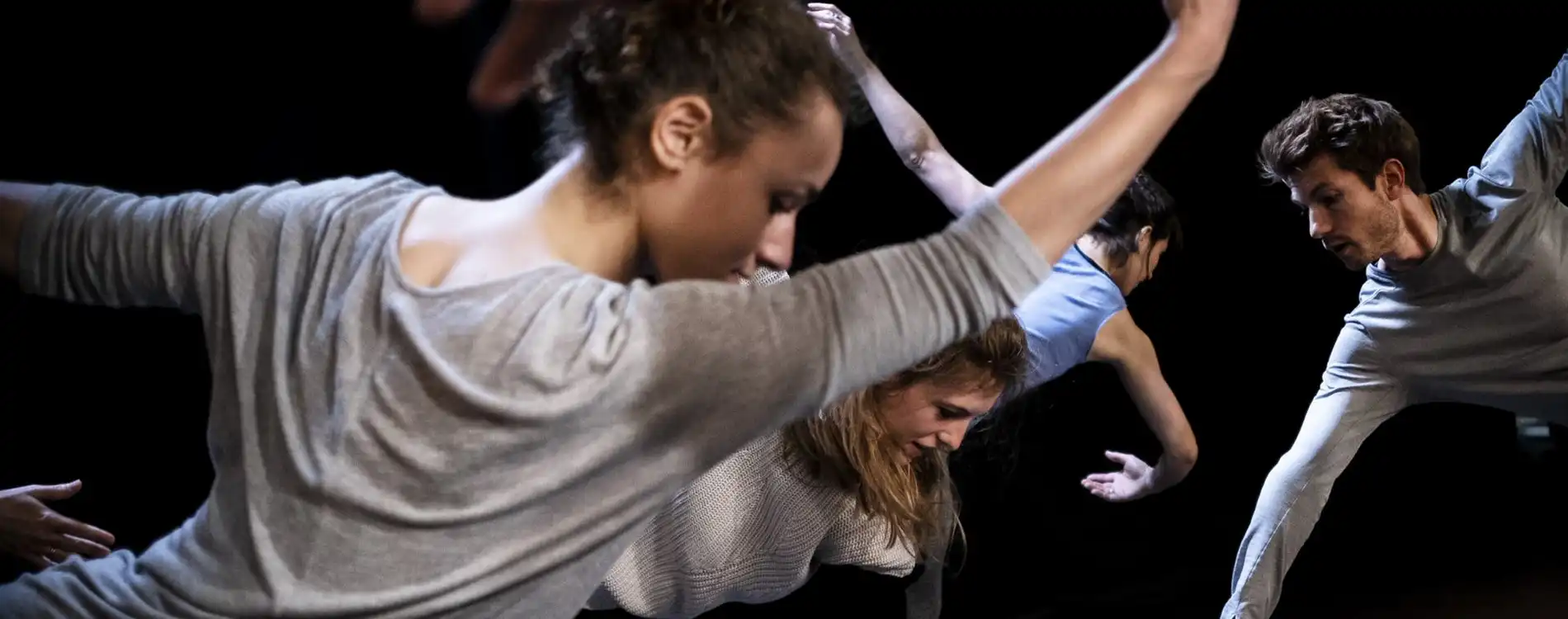Published on February 21, 2022Updated on June 19, 2023
The new artistic director of the Printemps des Arts festival, Bruno Mantovani, has chosen to focus on a specific theme and philosophy for the upcoming editions: My end is my beginning. We catch up with the French composer.
Bruno Mantovani has just become director of the Printemps des arts, but his involvement with the festival began earlier. The composer of music for chamber orchestras, symphony orchestras, vocal works, choral works and operas had previously written three pieces for the event, two of which were choreographed by Jean-Christophe Maillot. “On this occasion, I made a recording with the Orchestre Philharmonique de Monte-Carlo, a very fine orchestra. So when the Princess of Hanover contacted me to take over from Marc Monnet – someone I am close to, and whose music I play – I agreed,” says Mantovani, who belongs to the current generation of French musicians.
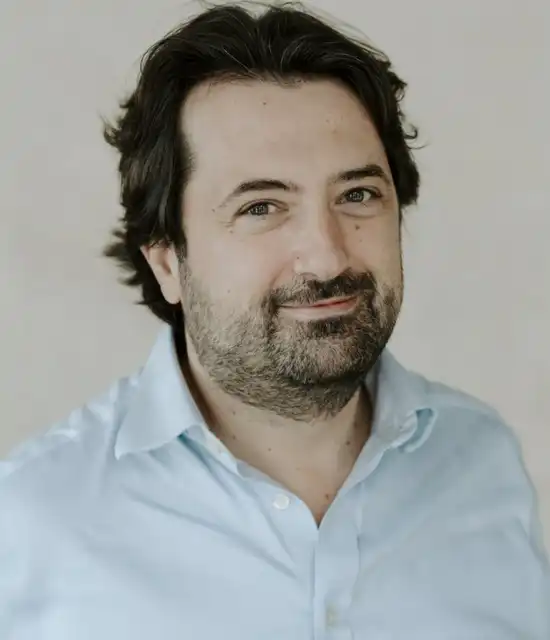
A former student at the Conservatoire National Supérieur de Musique et de Danse de Paris, he went on to direct the Conservatory for nine years. He is a member of the Académie des Beaux-arts, director of the Conservatoire à Rayonnement Régional de Saint-Maur-desFossés, and also regularly conducts contemporary music ensembles. What is his vision for the Monegasque festival? He sees it as a golden opportunity to focus on the history of music, and explore the connections between creation and cultural heritage. The theme he has chosen for his first editions takes its title from thes three-voice rondeau by Guillaume de Machaut, Ma fin est mon commencement: My end is my beginning. Composed in the 14th century, the work was avant-garde for its time, and marked the emergence of a new polyphonic style, the Ars Nova.
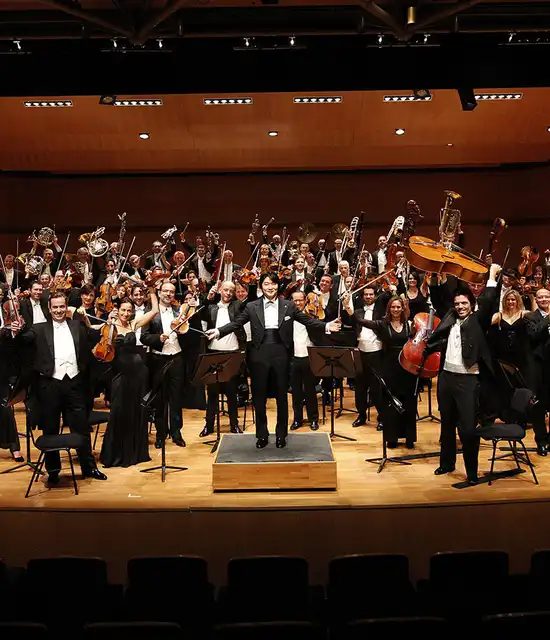
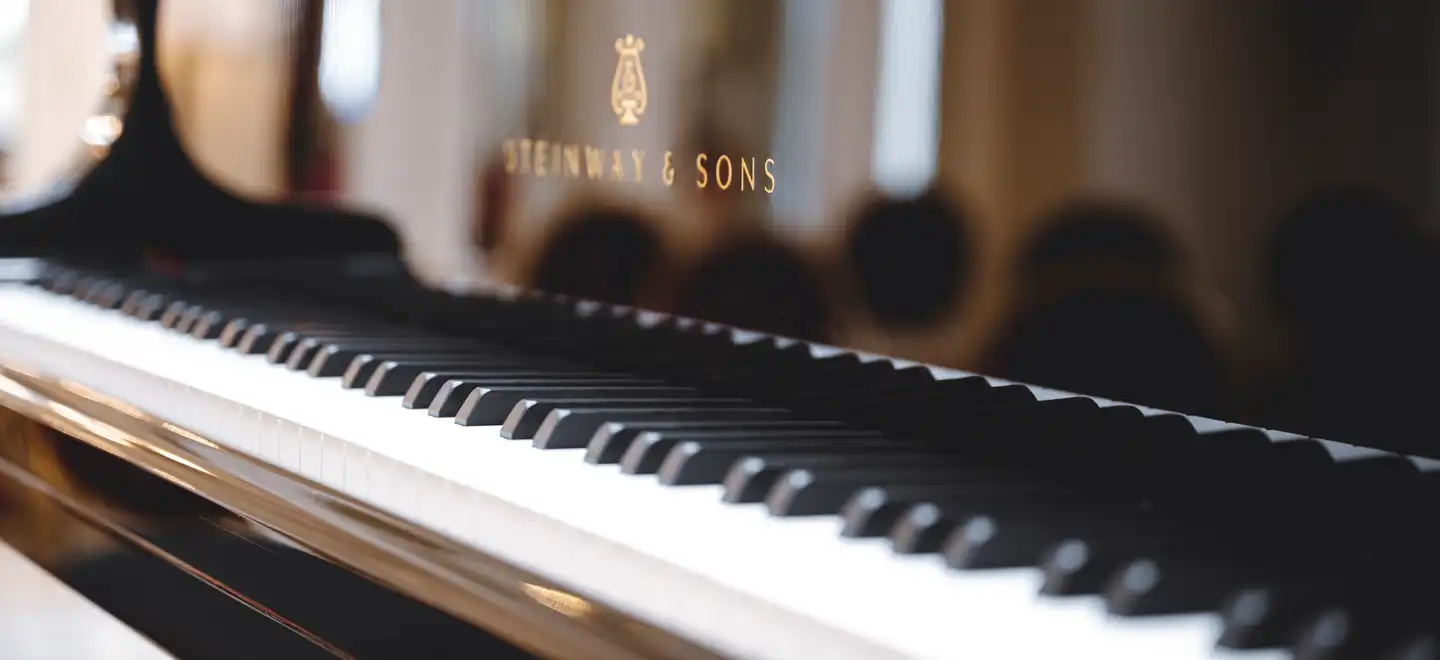
Epicurean music to savour
While many festivals across Europe have decided to concentrate on a specific subject – the piano at La Roque-d’Anthéron, contemporary music at Donaueschingen, and exploring the work of a composer at La Folle Journée – Bruno Mantovani is a man of synthesis. “We are no longer in an era of aesthetic doxas or schools. This is the age of multiplicity. So everything is possible in this programme, except nostalgia, neos or post-modernism.”
The festival, which takes place over four long weekends, will compare the youthful and mature works of great composers in the company of pianist Jean-Efflam Bavouzet, and experiment with new sounds with Bastien David, who, like Mantovani, spent time at Villa Médicis in Rome. In this way, connections are established between the compositions. “I think gastronomy, oenology and music feed each other. There’s a direct relationship between taste and hearing; a sense of immediacy,” says the epicurean, who is also organising a concert and tasting event at Monaco’s hotel school. Every spring, there will be an opportunity to focus on a composer, performer and country. This year, the spotlight is on Armenia. “I wanted to show that a country can be in an extremely precarious situation, but continue to produce high quality artistic works. I really like the connection between popular and high culture, which raises the question of roots,” says the musician, whose partner is Armenian pianist Varduhi Yeritsyan. Mantovani is thus championing a kind of music that helps us reconsider the meaning of things.
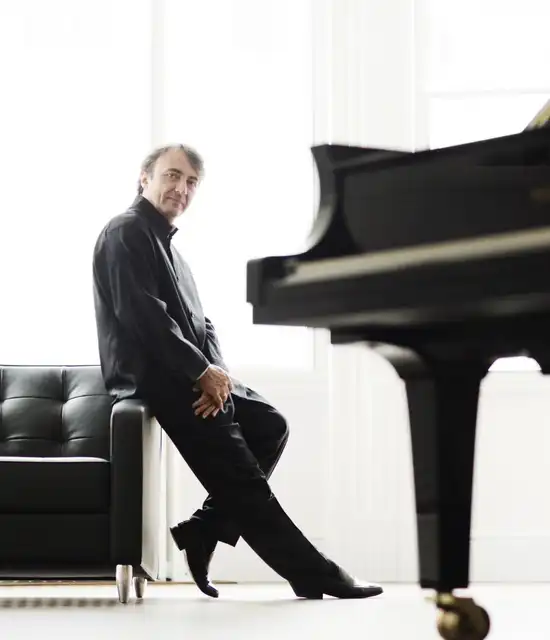
Interview with Sébastien Ogier, on the starting line of Rallye Monte-Carlo
On the occasion of the Monte-Carlo Rally, we propose an encounter full of memories and emotions with champion Sébastien Ogier.
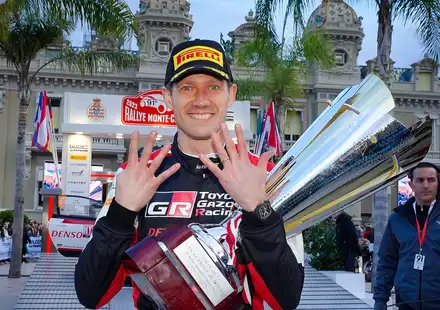
Victor Marion, chef at Café de Paris Monte-Carlo
Interview with Victor Marion, chef at Café de Paris Monte-Carlo
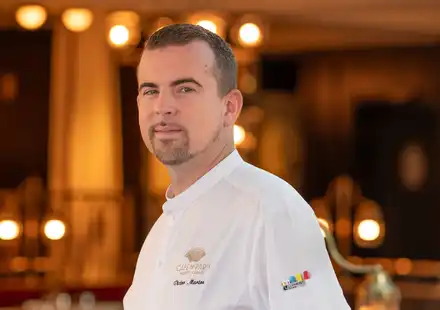
Noël Bajor, “Mr. Wine” at the Café de Paris Monte-Carlo
Meet Noël Bajor, Head Sommelier at the Café de Paris Monte-Carlo.
